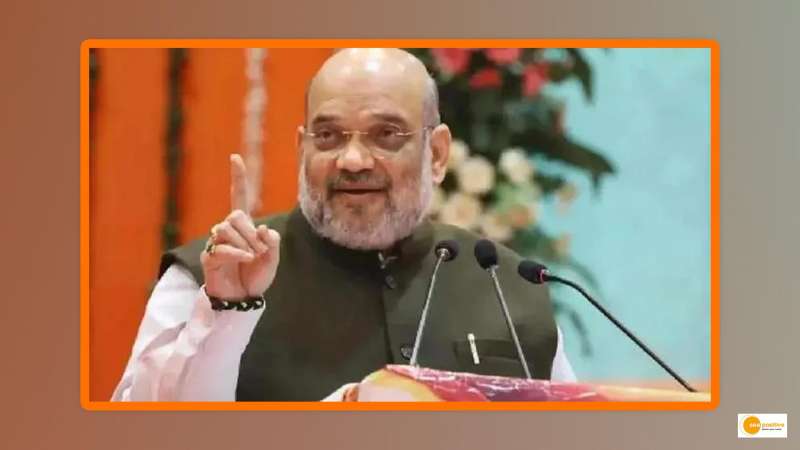

Union Home Minister Amit Shah and Union Education Minister Dharmendra Pradhan launched a slew of new education and skill development initiatives on July 29 to commemorate the completion of two years since the launch of the National Education Policy (NEP) 2020.
Mr Shah announced several new initiatives for students and educators during the event, including the Vidya Amrit Portal, 200 virtual labs, a school innovation policy, and a mobile app for a public consultation survey for the National Curriculum Framework (NCF), among others.
Addressing the event, Mr Shah said, “The purpose of education is to develop character, empathy, courage and to prepare students to deal with the challenges of life. 21st century is the century of knowledge. NEP 2020 is for channelising knowledge for the development of the country.”
“NEP 2020 enriches knowledge and culture and is aligned with the aspirations of our society,” he added.
The Education Minister said, “Our educational aspiration is not only for earning degrees and certificates but also to achieve global good. National Education Policy 2020 is an antidote to the Macaulay’s system of education designed to colonize our minds.”
“Education can enable India to reach the pinnacle of success. Society is looking upto us with expectations and hope to make it happen,” Mr Pradhan added.
Anita Karwal, Secretary, Department of School Education and Literacy, expressed gratitude to students, teachers, and parents for working together to implement National Education Policy 2020, saying, “NEP 2020 is not only about dreams and aspirations, but it also lays down action plans to implement the vision.”
NEP will replace the 34-year-old National Policy on Education
The NEP, which was approved by the Union Cabinet in 2020, will replace the 34-year-old National Policy on Education, which was framed in 1986, and will pave the way for transformational reforms in school and higher education systems, with the goal of making India a global knowledge superpower.
Teaching up to class 5 in mother tongue or regional language, lowering the stakes of board exams, a single regulator for higher education institutions except for law and medical colleges, as well as common entrance tests for universities are part of the sweeping reforms in the new NEP.
Replacing the 10+2 structure of school curricula with a 5+3+3+4 curricular structure corresponding to age groups 3-8, 8-11, 11-14 and 14-18 years respectively, scrapping MPhil programmes and implementing common norms for private and public higher education institutions are among other salient features of the new policy.
Also Read: LawSikho, National Skill Development Corporation collaborate to improve upskilling programmes


